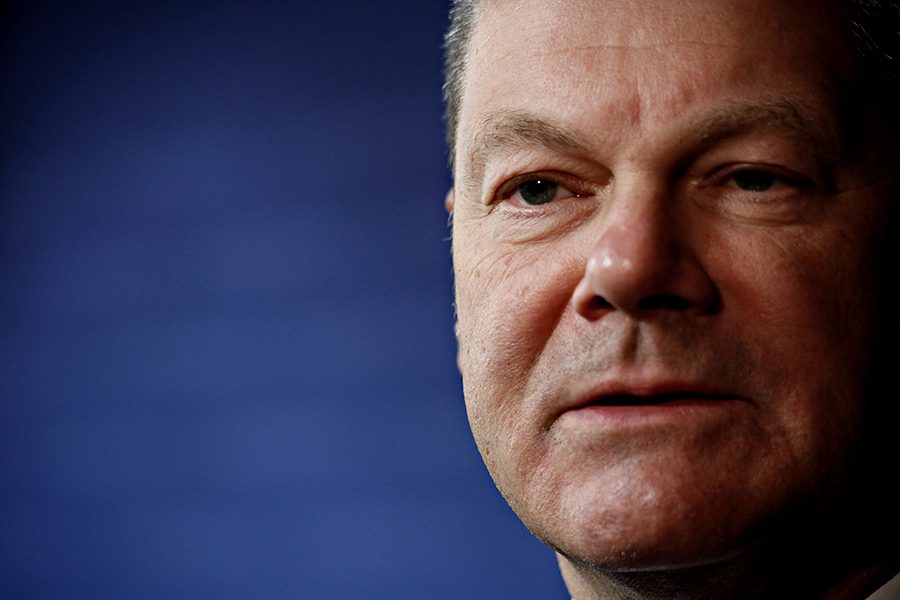[ad_1]

Berlin, Germany: Germany has rejected a complete ban on Russian gas and oil imports over Russia invading Ukraine, but voices are growing louder for Berlin to ditch its economic imperative to take a moral stand.
After the United States and Britain imposed a ban on Russian oil, pressure has mounted on German Chancellor Olaf Scholz’s government and other G7 members to follow suit.
In a newspaper opinion piece this week, conservative lawmaker and foreign policy expert Norbert Roettgen also said the only correct course of action was to “stop Russia’s oil and gas business now”.
So far, Scholz’s government has remained unmoved, reasoning that sanctions should not risk destabilising the countries imposing them.
Since Germany imports more than half its gas and coal and about a third of its oil from Russia, experts say a transition period would be needed to avoid the lights going out.
“If we end up in a situation where nurses and teachers are not coming to work, where we have no electricity for several days… Putin will have won part of the battle, because he will have plunged other countries into chaos,” Foreign Minister Annalena Baerbock warned on Tuesday.
Underlining the precariousness of Germany’s situation, Baerbock also admitted in a separate interview that Economy Minister Robert Habeck, also of the ecologist Green party, was “urgently trying to buy hard coal worldwide”.
Experts say a complete embargo would be painful, but not impossible.
‘Whatever it takes’
According to the economists, GDP could fall by 0.2 to 3 percent and the sanctions could cost each German between 80 and 1,000 euros a year, depending on how much Russian gas can be replaced.
But, to protect consumers against price hikes and to encourage the transition to renewable energy, significant government support would likely be needed.
For the Sueddeutsche Zeitung newspaper, a war in Europe is an “emergency” that justifies continuing with the “whatever it takes” mentality spawned by the coronavirus pandemic.
“Germany can borrow money for this,” it said, arguing that a “rich” country like Germany “can and must afford” to step away from Russian energy.
Observers have also noted that Germany has the option of delaying its nuclear exit — planned for the end of the year.
Conservative Christoph Heusgen, a former adviser to Angela Merkel, told the ARD broadcaster that Germans are ready to turn down the heating to help.
“People in Germany have shown such solidarity with the Ukrainians that they wouldn’t mind if it was a bit colder in their living rooms,” he said.
By Sophie Makris
© Agence France-Presse
Check out our end of season subscription discounts with a Moneycontrol pro subscription absolutely free. Use code EOSO2021. Click here for details.
[ad_2]
Source link













